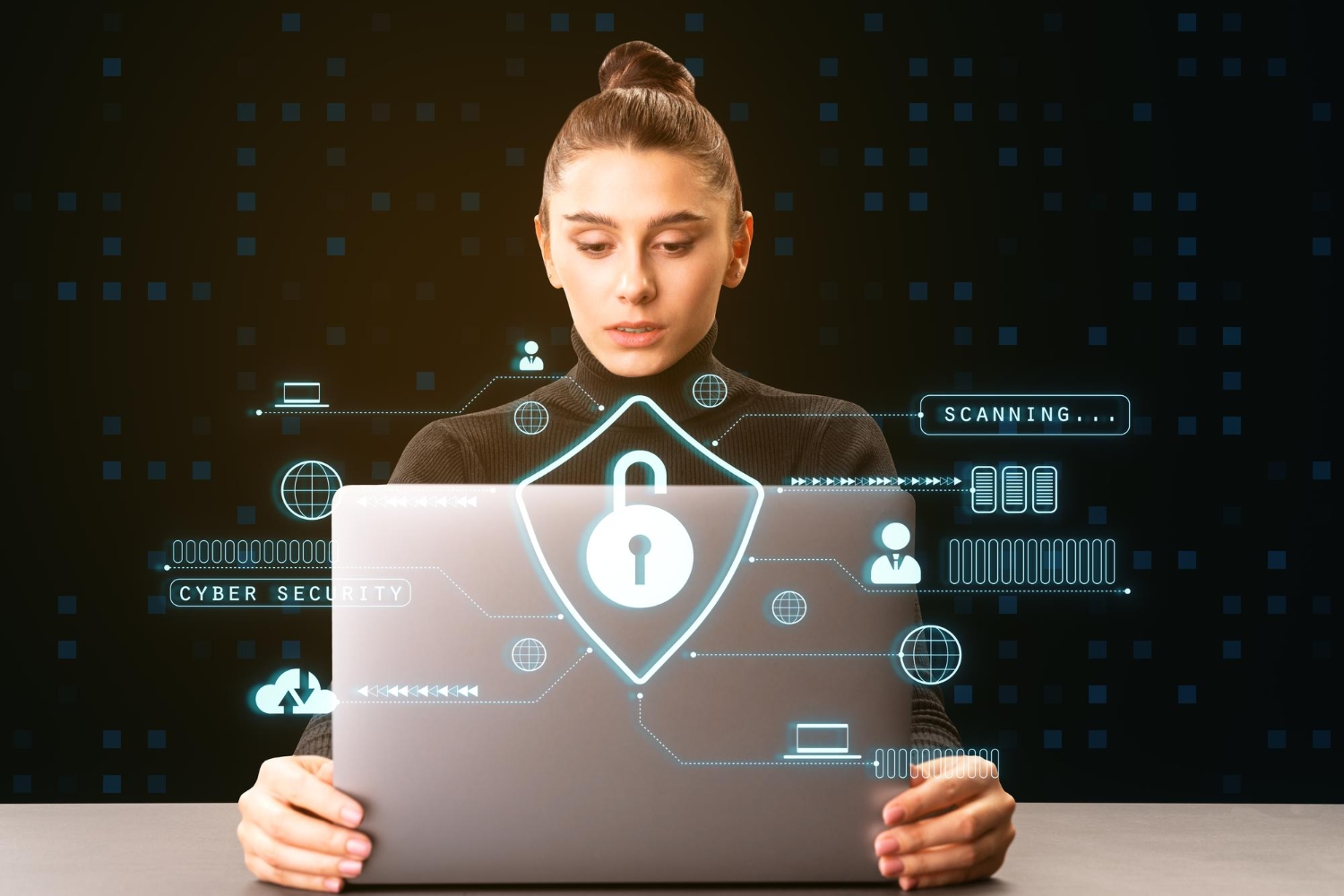In today’s digital world, information is one of the most valuable assets a company owns.
Whether it’s customer data, financial records, intellectual property, or internal communications — protecting information is critical to business success and reputation.
Yet, despite the best firewalls, encryption tools, and security policies, companies often face a simple but powerful risk: human error.
That’s why the foundation of effective information security isn’t just technology — it’s people.
And the smartest way to build a security-first mindset among employees?
E-learning.
Why People Are the Weakest — and Strongest — Link in Information Security
Many data breaches happen because:
-
An employee accidentally sends sensitive information to the wrong person.
-
A manager uses an unsecured device to access company files.
-
Someone clicks on a suspicious email that installs malware.
In fact, a 2024 study found that over 80% of information security incidents worldwide involve human mistakes or negligence.
But here’s the good news: with the right education and awareness, your people can become your first and best line of defense.
The Role of E-Learning in Information Security Training
Traditional classroom training is no longer enough in today’s fast-moving business environment.
E-learning offers a powerful, flexible, and scalable way to train employees on information security best practices — and to keep them updated as threats evolve.
Here’s why e-learning stands out:
1. Accessibility and Flexibility
With e-learning, employees can access training anytime, anywhere — perfect for today’s hybrid and remote work models common across India.
No need to coordinate schedules or physical spaces.
2. Practical, Scenario-Based Learning
Good information security e-learning courses use real-world scenarios:
-
How to identify a suspicious email
-
How to safely share confidential documents
-
How to handle sensitive information in public places
Interactive simulations help employees apply learning immediately.
3. Continuous Awareness
Information security is not a one-time training topic.
New threats emerge regularly.
E-learning platforms allow ongoing microlearning, quick updates, and regular refreshers to keep security awareness high.
4. Customized Content for Different Roles
A finance executive needs different security training than a marketing intern.
E-learning platforms can personalize training paths based on job roles, making education more relevant and effective.
5. Measuring and Improving Readiness
With e-learning, you can track:
-
Who has completed the training
-
How well employees perform in assessments
-
Where additional coaching is needed
This data-driven approach ensures your organization is truly prepared.
Key Topics Covered in Effective Information Security E-Learning
An ideal information security e-learning program should cover:
-
Safe handling of confidential information
-
Password and authentication best practices
-
Identifying phishing and social engineering attacks
-
Mobile device security
-
Secure remote work practices
-
Understanding data privacy regulations like India’s DPDP Act
Final Thoughts
Protecting company data starts with empowering your people — and e-learning is the smartest, most effective way to make it happen.
At [Your Company Name], we design interactive, easy-to-understand information security e-learning courses that help employees build the habits and awareness needed to protect sensitive data — every single day.
Want to build a security-first culture at your organization?
Get in touch with us to explore our completely customizable Information Security e-learning program tailored for Indian businesses.
continue reading
Related Posts
Cybersecurity is no longer just an IT issue — it’s...
In today’s digital-first world, technology is evolving at lightning speed...
In today’s hyper-connected world, Indian businesses — from startups to...




